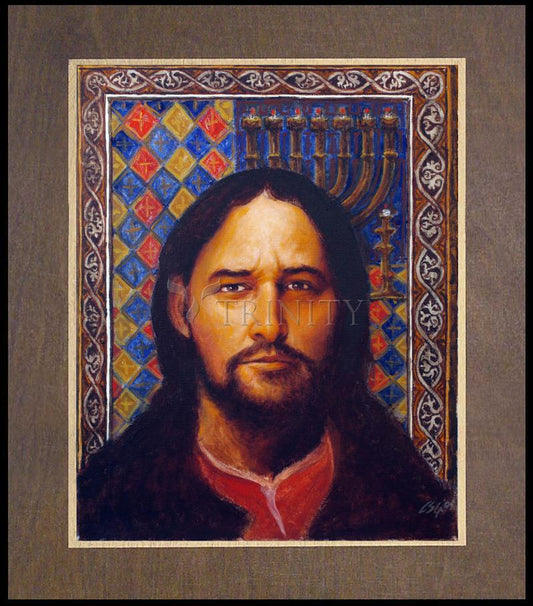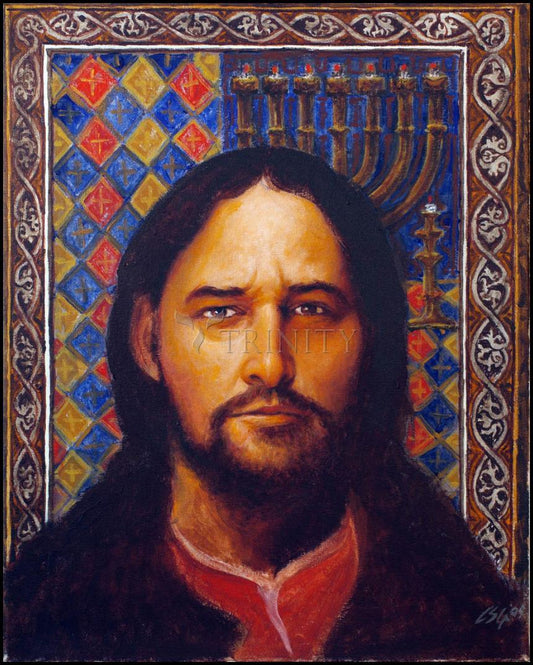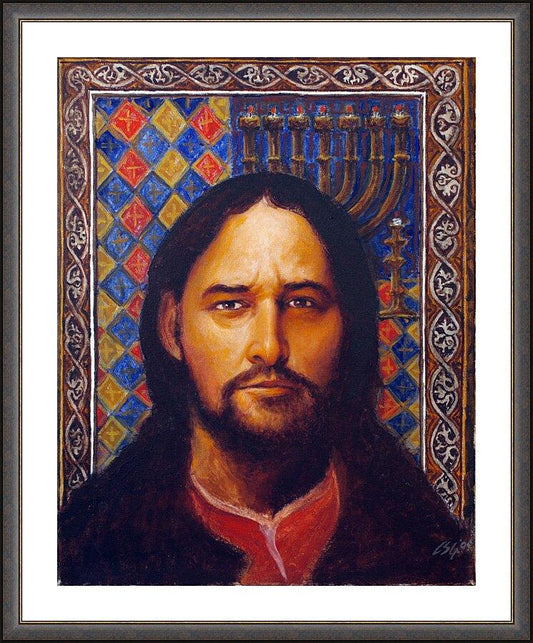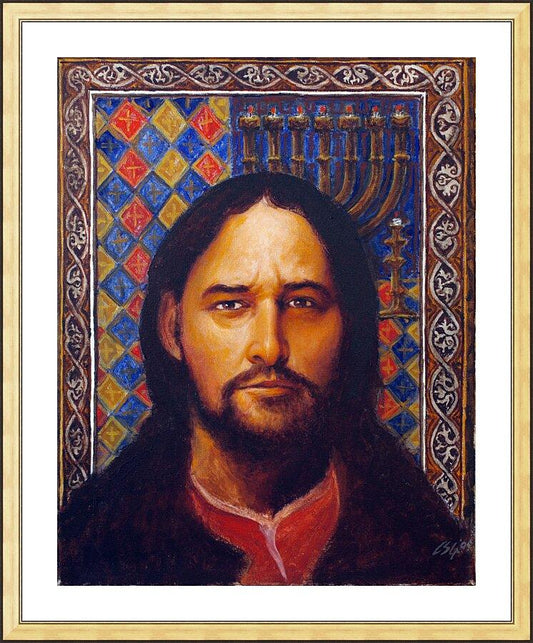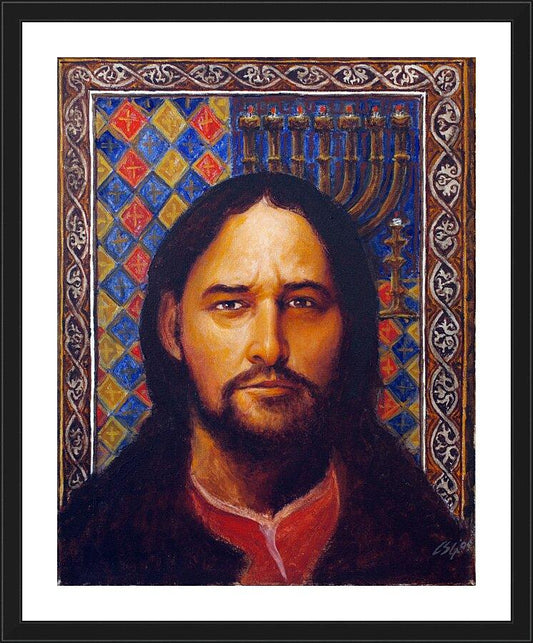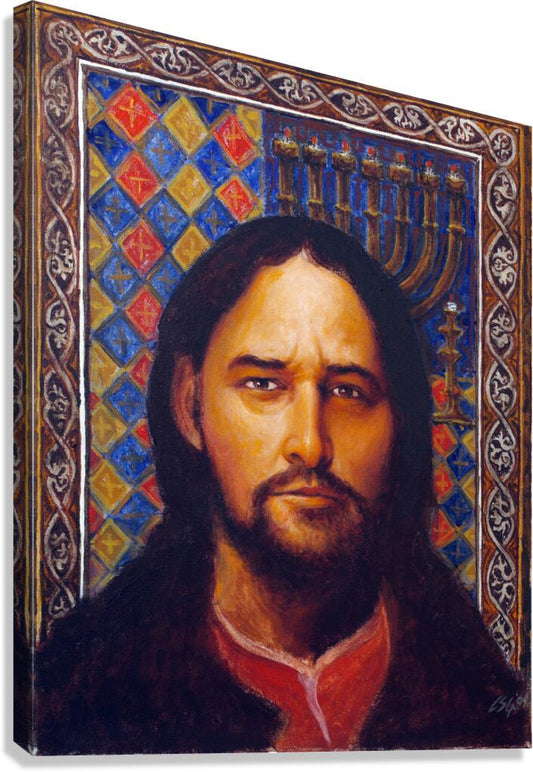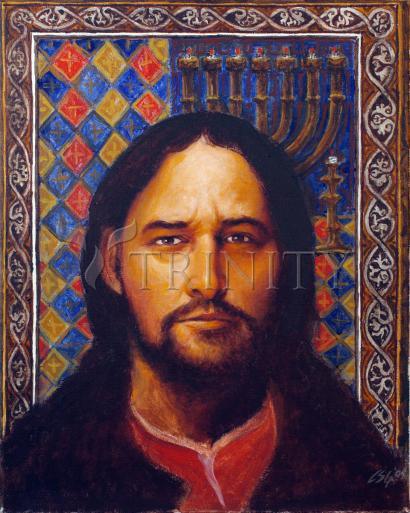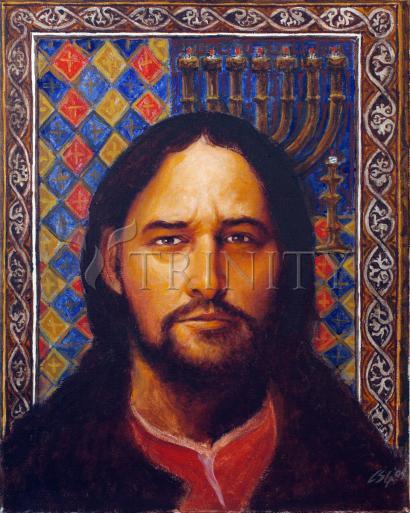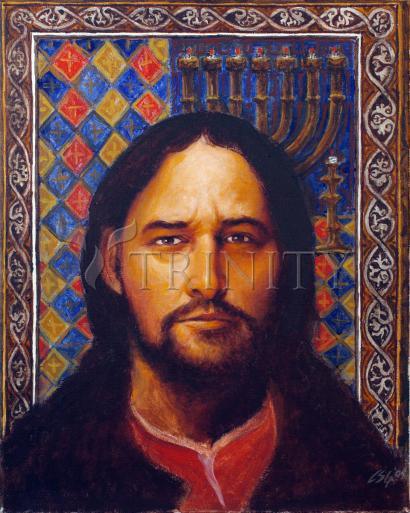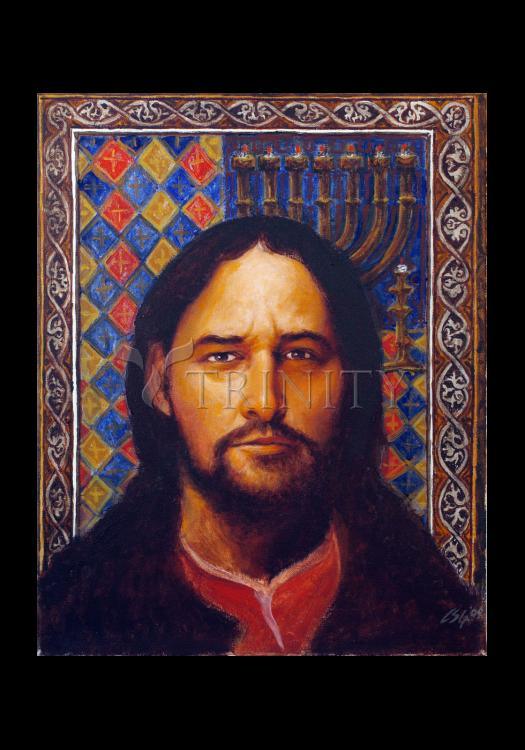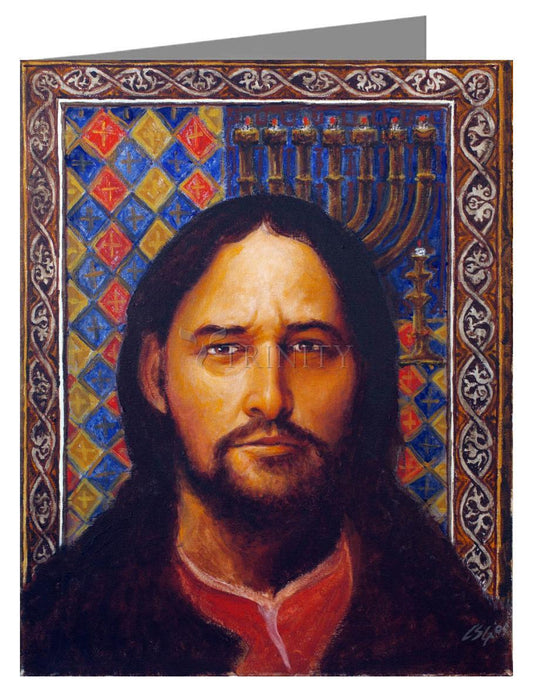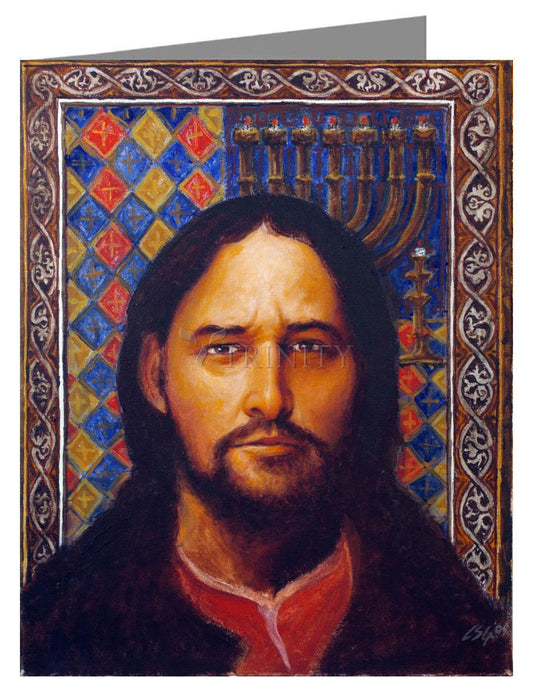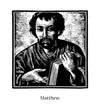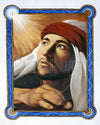Considering that Saint Matthew is traditionally believed to have composed the Gospel that bears his name, surprisingly little is known about this important apostle and evangelist. He is mentioned only five times in the New Testament. Matthew 9:9 gives the account of his calling: "And when Jesus passed on from hence, he saw a man sitting in the custom house, named Matthew; and he saith to him: Follow me. And he rose up and followed him."
From this, we know that Saint Matthew was a tax collector, and Christian tradition has always identified him with Levi, mentioned in Mark 2:14 and Luke 5:27. Thus Matthew is thought to have been the name that Christ gave Levi at his calling.
Life of Saint Matthew:
Matthew was a tax collector at Capernaum, which is traditionally designated as the place of his birth. Tax collectors were despised in the ancient world, especially among the Jews at the time of Christ, who saw the imposition of taxes as a mark of their occupation by the Romans. (Even though Matthew collected taxes for King Herod, a portion of those taxes would be passed on to the Romans.)
Thus, after his calling, when Saint Matthew gave a feast in Christ's honor, the guests were drawn from among his friends"including fellow tax collectors and sinners (Matthew 9:10-13). The Pharisees objected to Christ eating with such people, to which Christ responded, "I am not come to call the just, but sinners," summing up the Christian message of salvation.
The remaining references to Saint Matthew in the New Testament are in lists of the apostles, in which he is placed either seventh (Luke 6:15, Mark 3:18) or eighth (Matthew 10:3, Acts 1:13).
After Christ's Death, Resurrection, and Ascension, Saint Matthew is said to have preached the Gospel to the Hebrews for as many as 15 years (during which time he wrote his Gospel in Aramaic), before heading east to continue his efforts at evangelization. By tradition, he, like all of the apostles with the exception of Saint John the Evangelist, was martyred, but accounts of his martyrdom varied widely. All place it somewhere in the East, but, as the Catholic Encyclopedia notes, "it is not known whether he was burned, stoned, or beheaded."
Because of the mystery surrounding Saint Matthew's martyrdom, his feast day is not consistent in the Western and Eastern Churches. In the West, his feast is celebrated on September 21; in the East, on November 16. Traditional iconography often shows Saint Matthew with a money sack and account books, to signify his old life as a tax collector, and an angel above or behind him, to signify his new life as a messenger of Christ.



